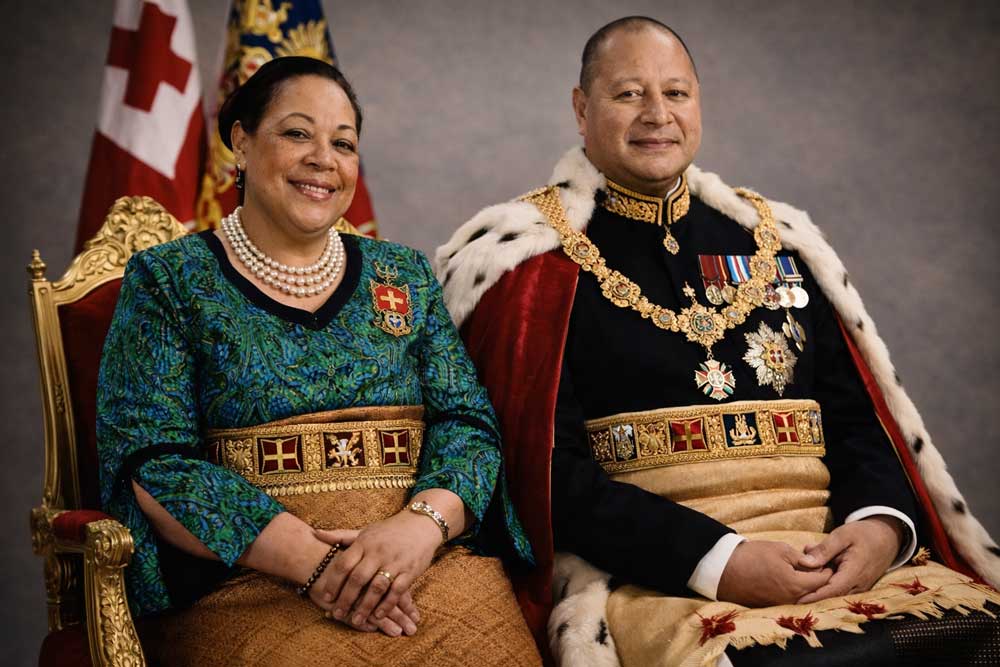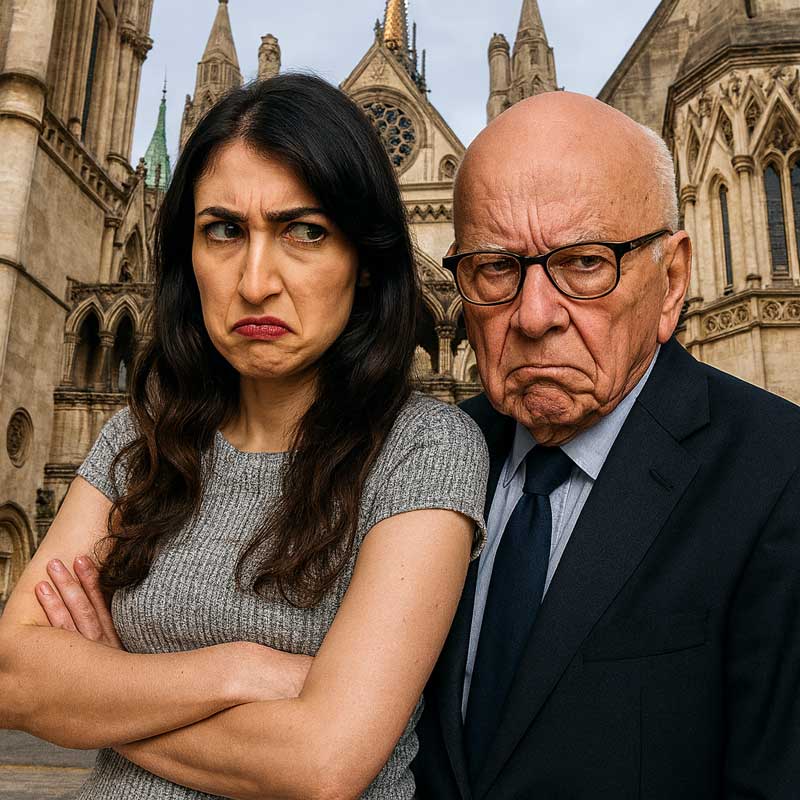As Pope Leo XIV stands as both an American citizen and the sovereign head of Vatican City, questions arise about the implications of his dual citizenship. Unlike many cases, his situation exemplifies the intricacies surrounding American law and international jurisdiction. United States law does indeed permit dual citizenship, allowing foreign heads of state to retain American nationality under certain conditions.
The State Department acknowledges that if a U.S. citizen ascends to a position as a foreign head of state, they do not automatically lose their American citizenship, provided they declare their intentions. Notably, previous Popes, including Francis, retained their native citizenships while fulfilling their papal duties in Vatican City. This trend helps elucidate that the Holy See permits Popes to maintain their original nationalities.
The intricate nature of Pope Leo's dual citizenship leads to contemplation about legal jurisdiction and responsibilities. Cases of such dual citizenship require careful consideration to manage potential conflicts, particularly concerning immunity under U.S. law. The Vatican and U.S. authorities continue to navigate these complexities as the Pope balances his unique roles.
Historically, there are scant instances of American citizens serving as foreign heads of state. An example includes Somalia's former president, who renounced his U.S. citizenship amidst concerns of dual loyalty. While Pope Leo, originally a U.S. citizen, is also a recognized citizen of Peru, the legal ramifications of this status in connection to his papacy remain ambiguous.
The Vatican has not officially clarified Pope Leo's position on his citizenship status. His dual role continues to intrigue observers as discussions around international citizenship evolve, particularly for leaders holding multiple national identities.
The State Department acknowledges that if a U.S. citizen ascends to a position as a foreign head of state, they do not automatically lose their American citizenship, provided they declare their intentions. Notably, previous Popes, including Francis, retained their native citizenships while fulfilling their papal duties in Vatican City. This trend helps elucidate that the Holy See permits Popes to maintain their original nationalities.
The intricate nature of Pope Leo's dual citizenship leads to contemplation about legal jurisdiction and responsibilities. Cases of such dual citizenship require careful consideration to manage potential conflicts, particularly concerning immunity under U.S. law. The Vatican and U.S. authorities continue to navigate these complexities as the Pope balances his unique roles.
Historically, there are scant instances of American citizens serving as foreign heads of state. An example includes Somalia's former president, who renounced his U.S. citizenship amidst concerns of dual loyalty. While Pope Leo, originally a U.S. citizen, is also a recognized citizen of Peru, the legal ramifications of this status in connection to his papacy remain ambiguous.
The Vatican has not officially clarified Pope Leo's position on his citizenship status. His dual role continues to intrigue observers as discussions around international citizenship evolve, particularly for leaders holding multiple national identities.
















